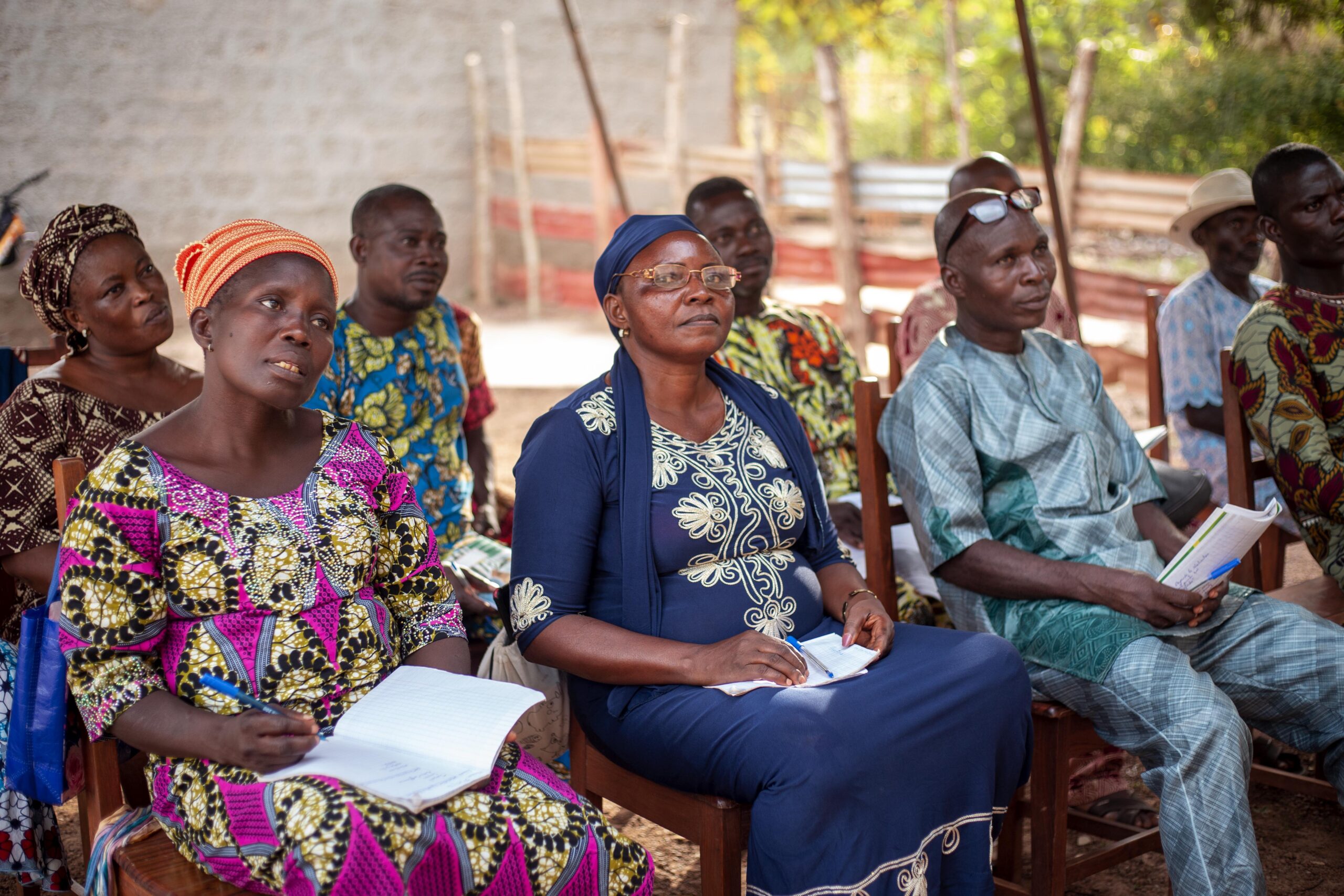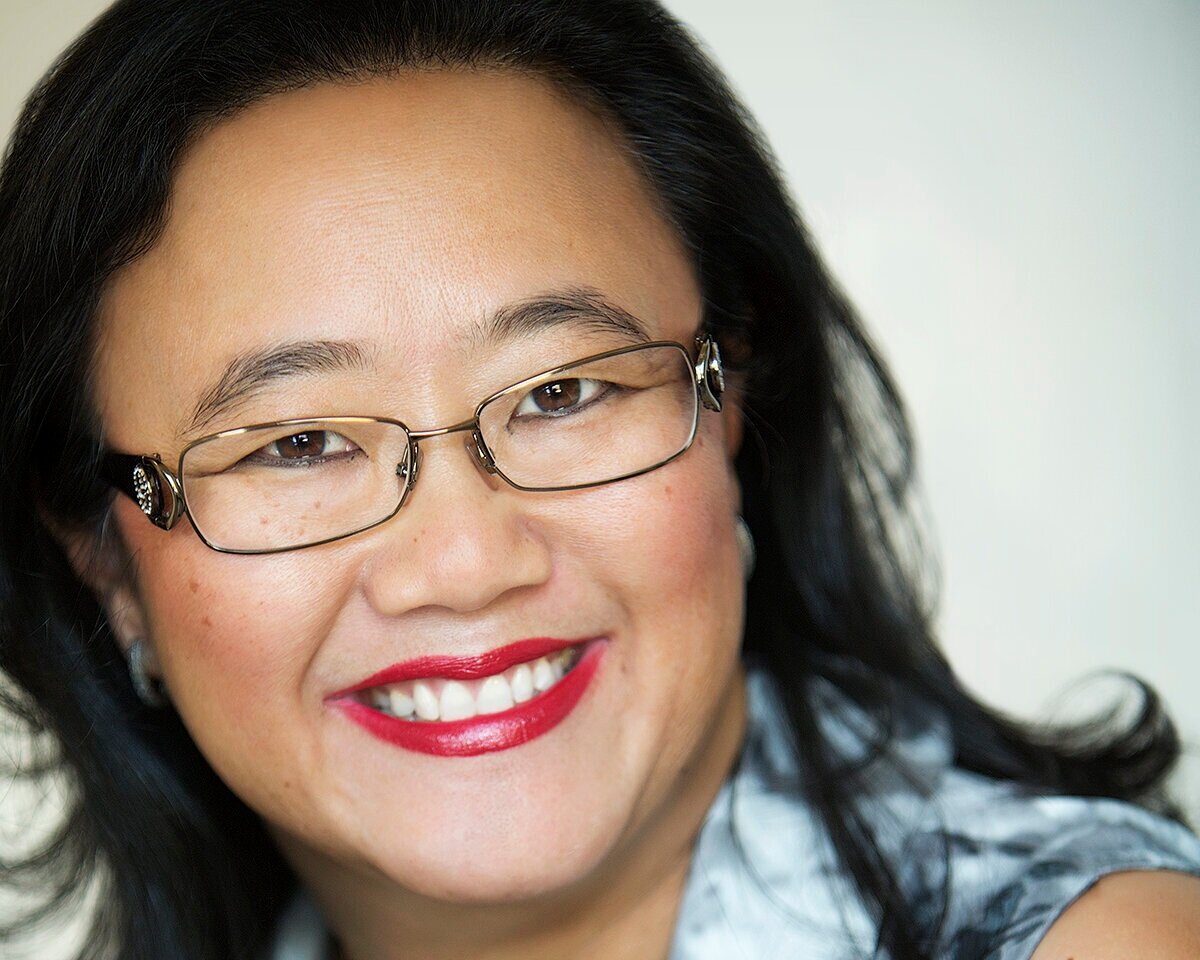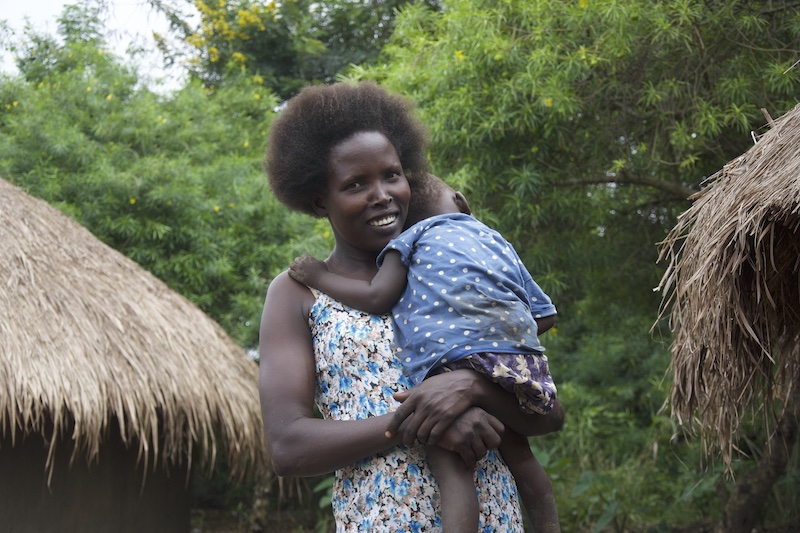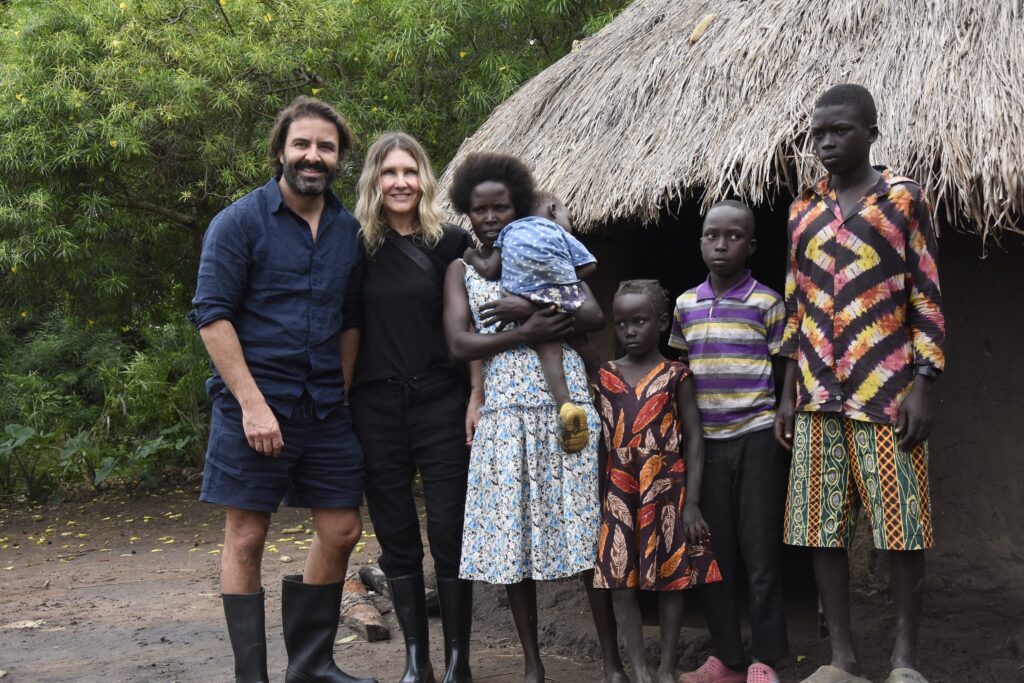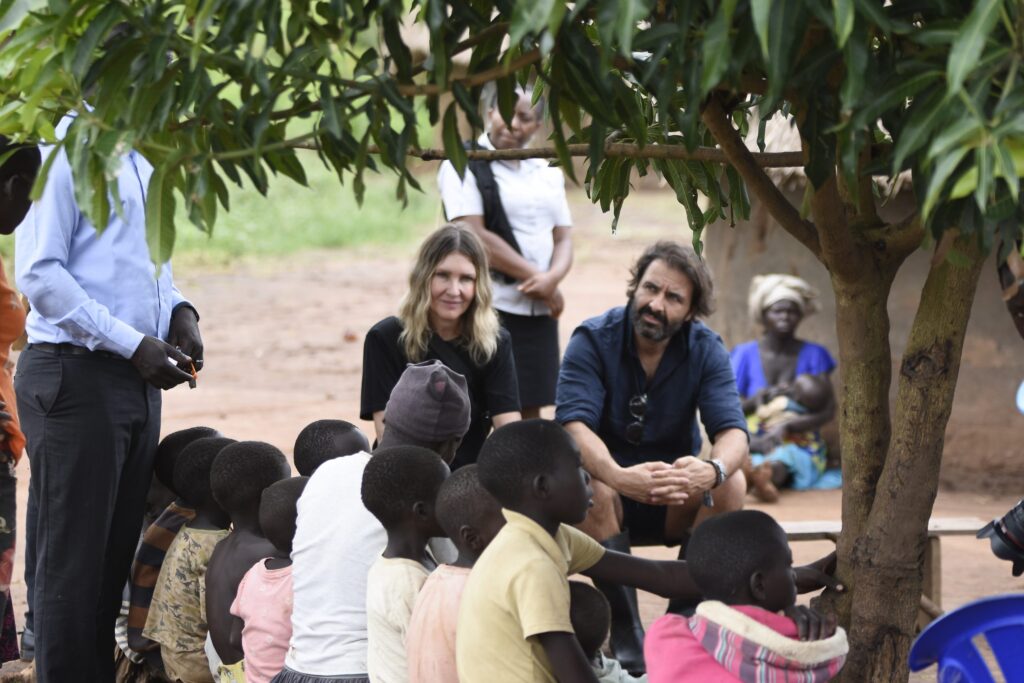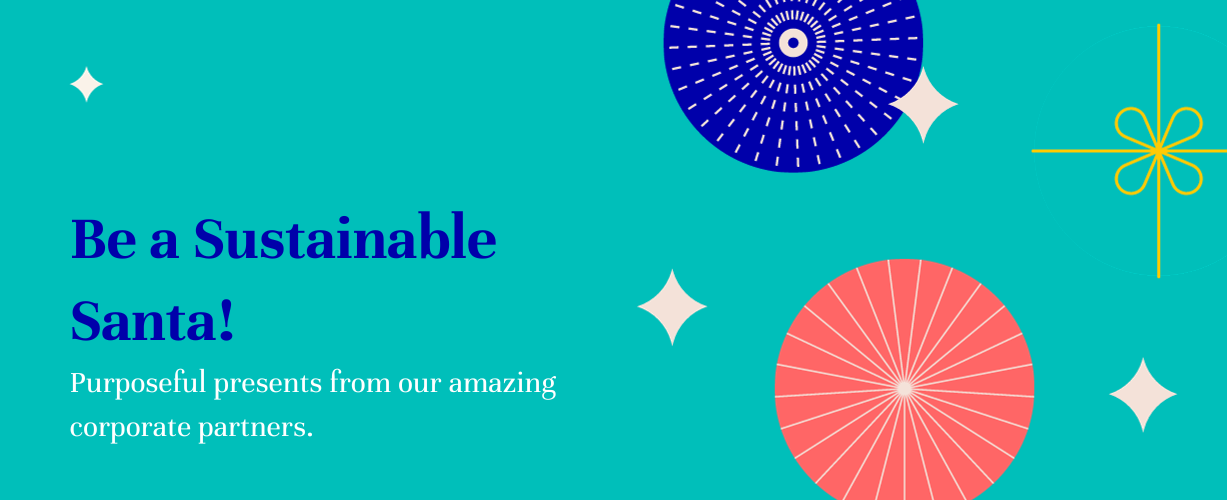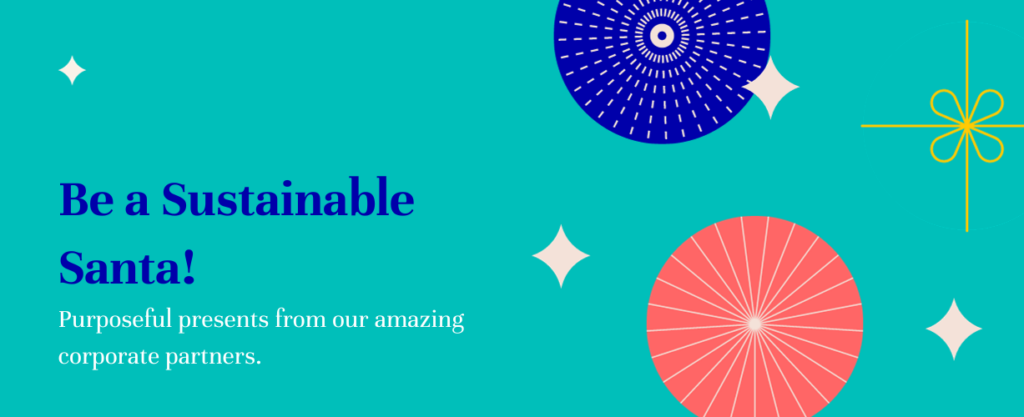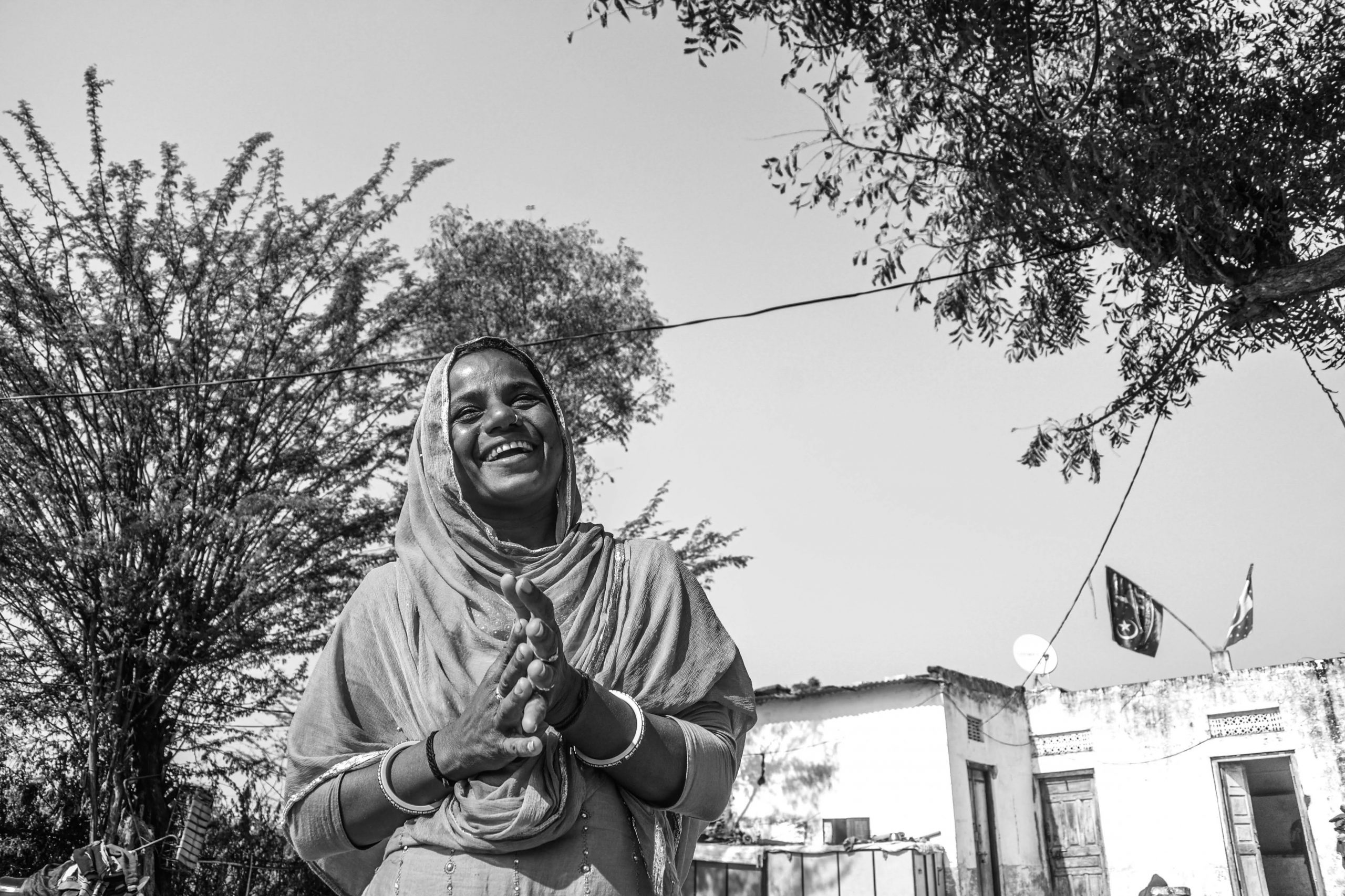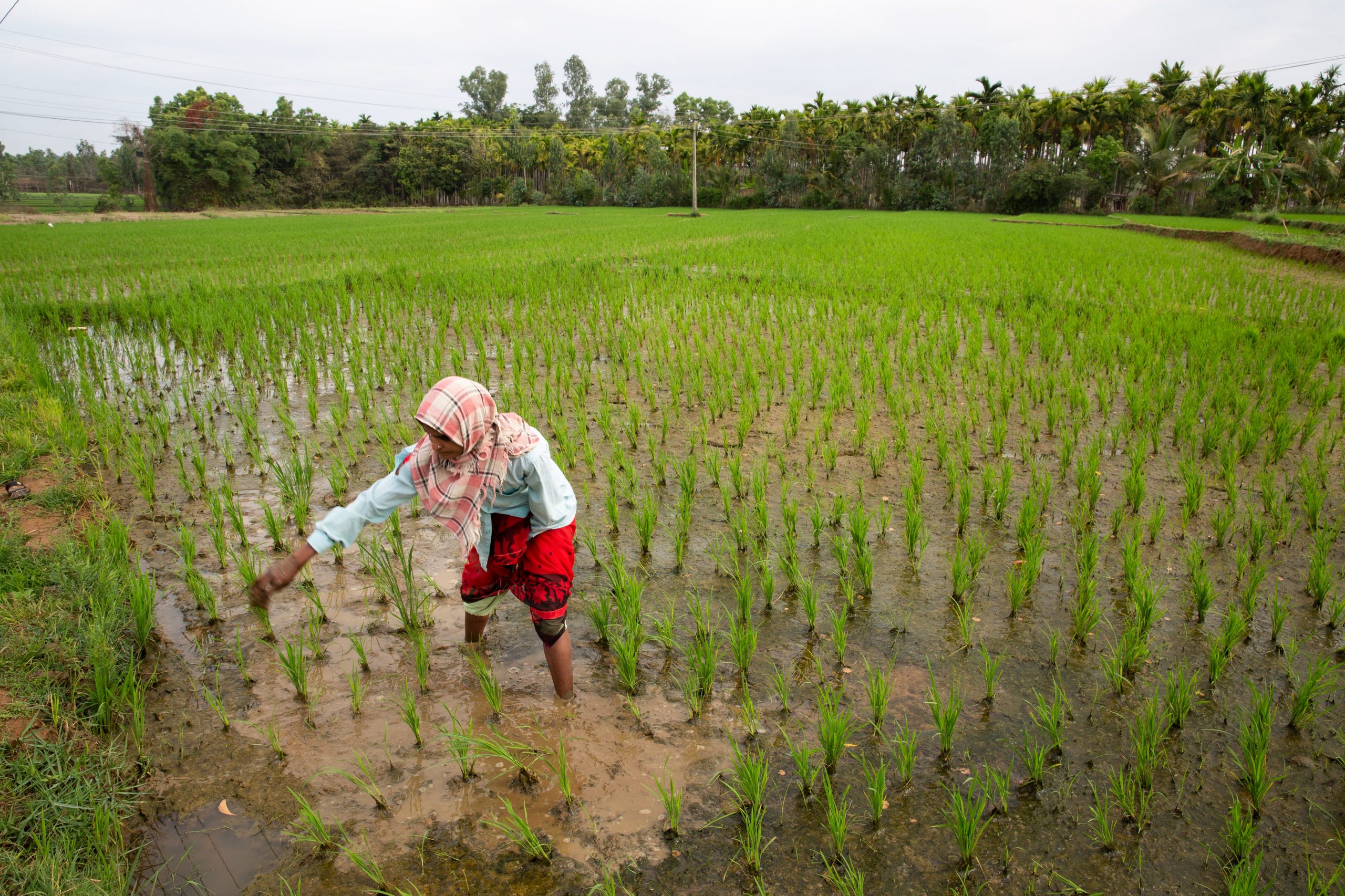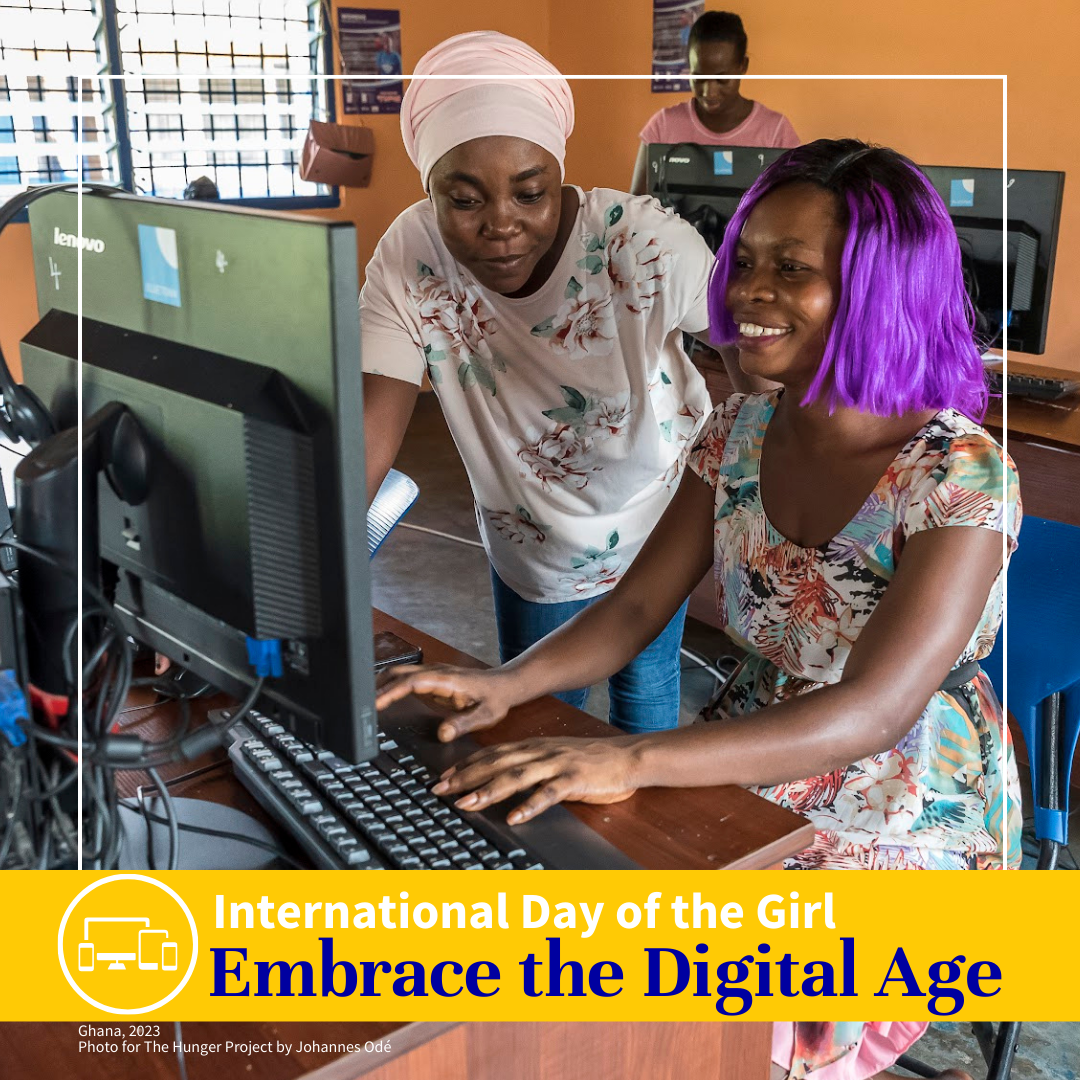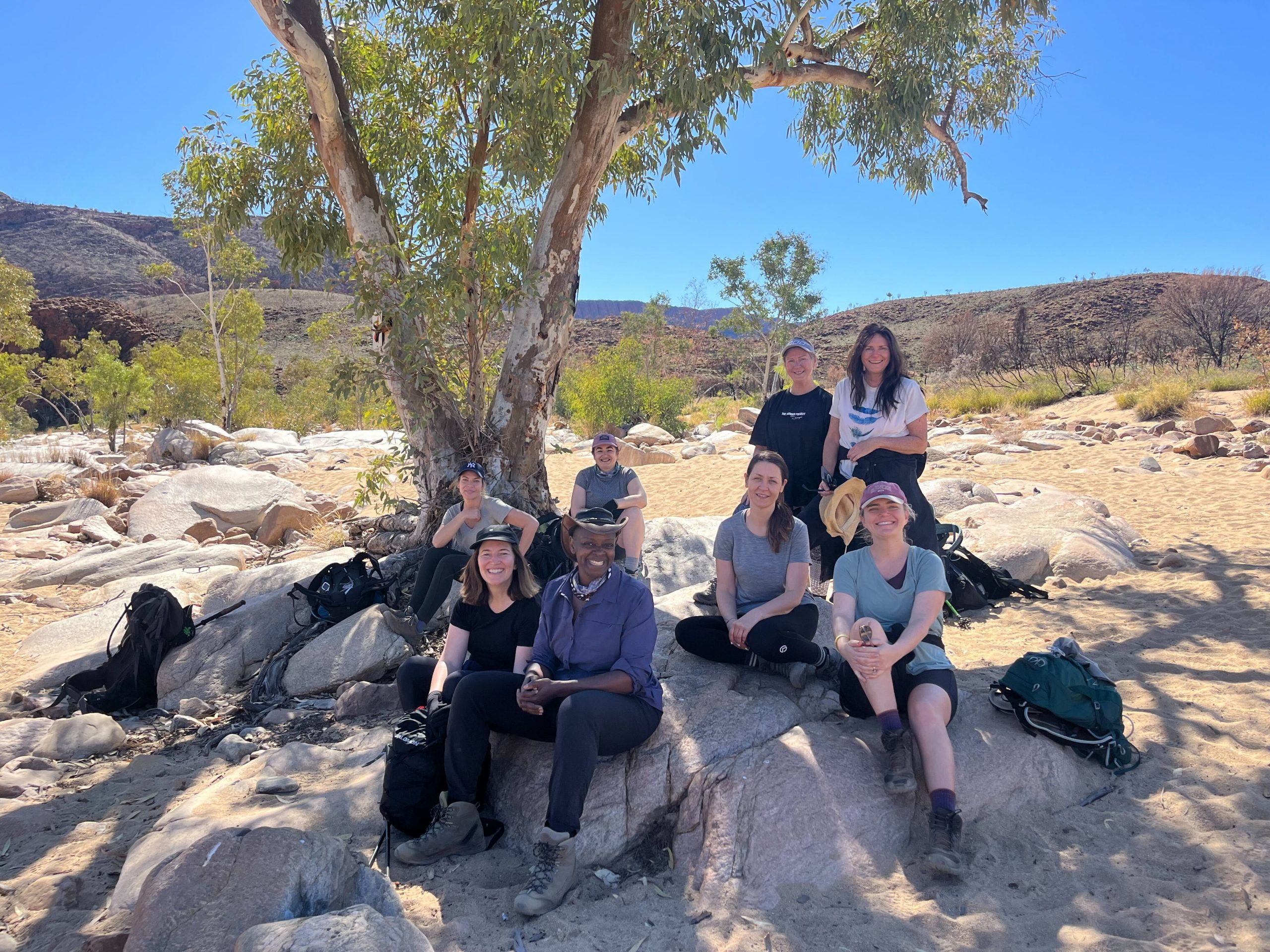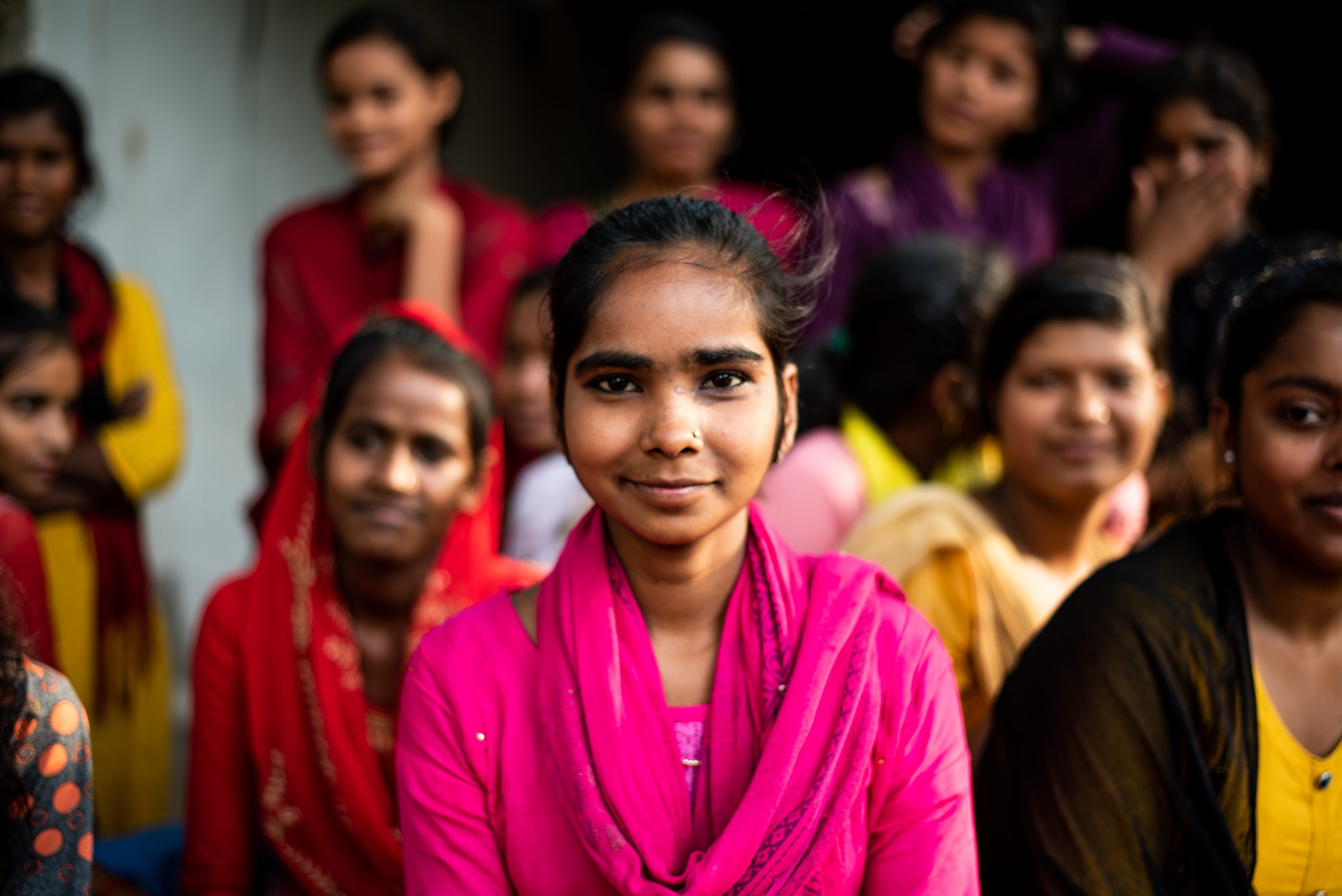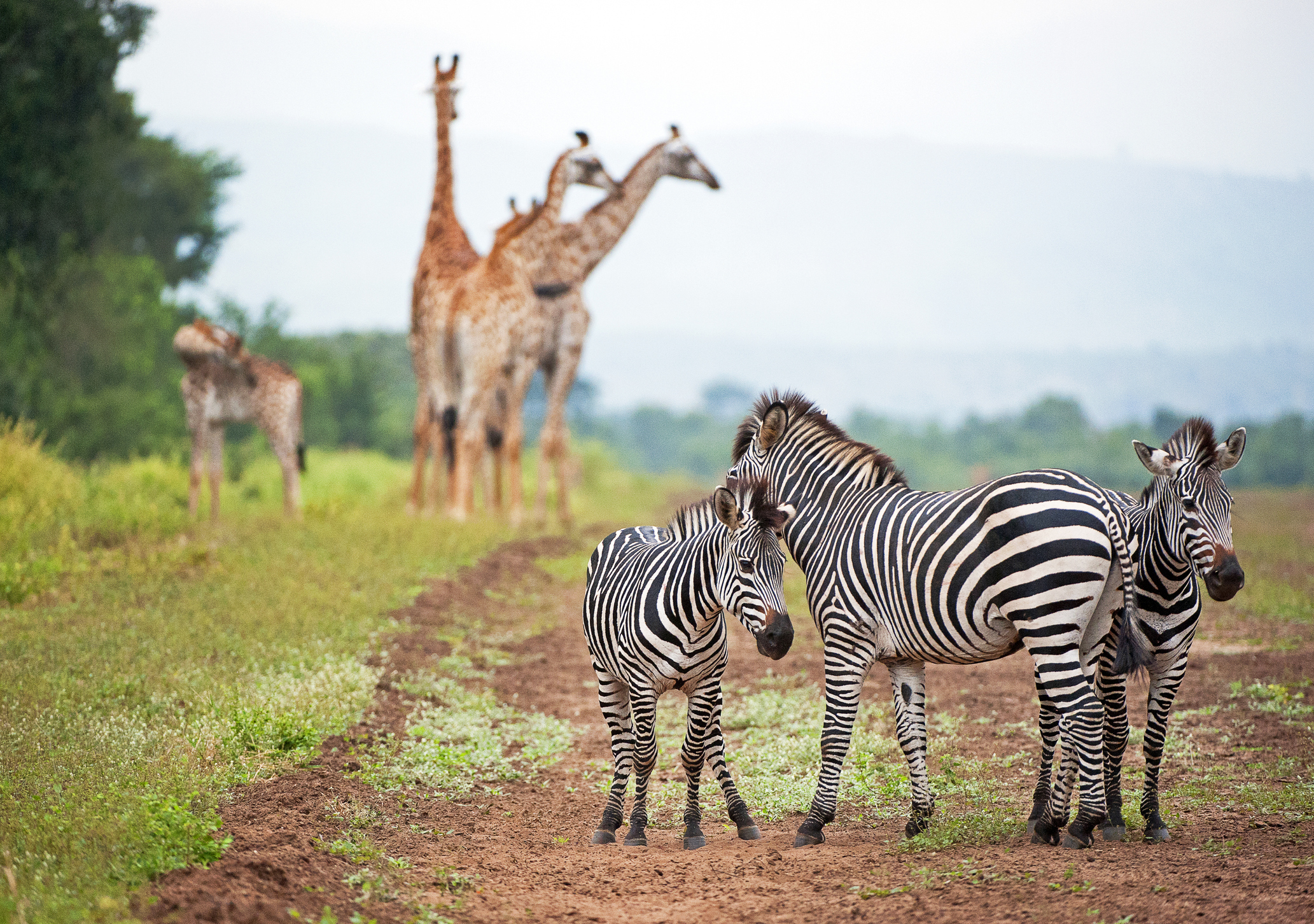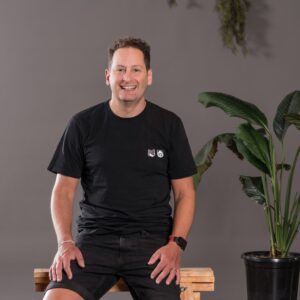In late 2023, I spent time in Benin; a special place that most people would struggle to find on a map. Home to almost 13 million people, Benin remains one of the poorest nations in Africa and the world. Access to basic social services is low and climate change is making subsistence farming even more unreliable. Colonised by the French, Benin became independent in 1960. We have been working in country since 1997.
I arrived to meet my global colleague Elodie Iko, who is the Country Director of THP-Benin. Elodie is an impressive leader and commands any room with a quiet strength. It’s evident that she is highly respected by her knowledgeable staff and the various communities in which she works.
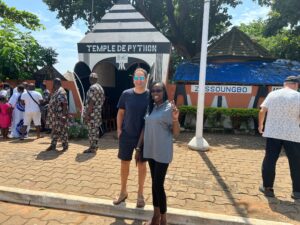
The purpose of this trip was to meet one of our long-time Investors Cameron, and his son Elliot, to visit an Epicentre they previously funded, and see how the community are progressing in their post self-reliance journey.
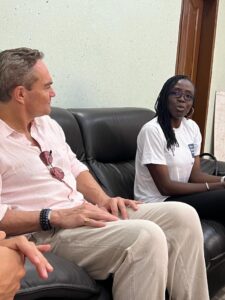
Our first Epicentre visit was to Dasso, where we met with a women’s business that processes cassava. They do some extraordinary work and produce 10 tons of end product. They use every element of the vegetable and produce four items for markets. The business employs 12 women and there was a real buzz. We got to try some of the ingredients, and it was delicious!
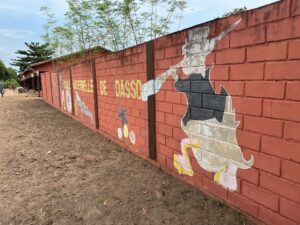
We then had a tour of the Epicentre. The children’s nursery – which didn’t exist before – was absolutely adorable; but more than that, the nursery’s impact on the children’s lives is transformative for their education, growth and wellbeing.
We then spent time with the leadership, who spoke positively about the future and the challenges they face. The last visit at Dasso was with the women-led nutrition and wash program. They demonstrated how they educate the young children and mothers on how to create nutritious meals for the family and there were about 50 kids being fed. It was equal parts inspiring and intensely upsetting. They are remarkable.
We had lunch in the car and then moved to Avlame. This is an Epicentre that has been post self-reliance for seven years. Of course, on the road you need to have some challenges and one of our cars broke down – never a dull moment!
Avlame is a pretty extraordinary place and what they have achieved is impressive.
The committee leadership are incredible. None of them could read and write before the Epicentre – so to see them arrive with handwritten speeches in their notebooks was a reminder of the power of literacy.
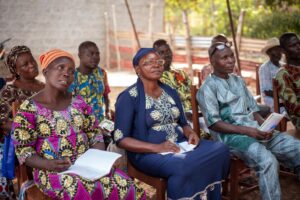
The speeches and discussion were very powerful and some of the most insightful conversations. They have established multiple spaces for rent; they have tons of food storage and a restaurant.
As expected in this part of the world, it was hot (39 degrees) and after two inspiring Epicentre visits, it was time for an early dinner and some rest before a busy two days ahead.

